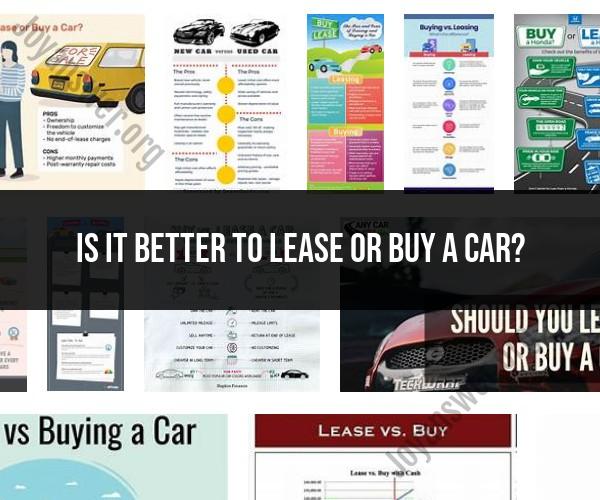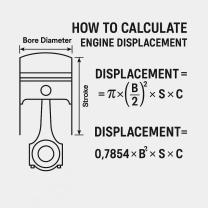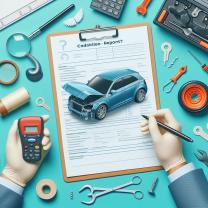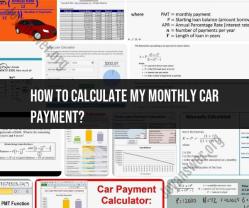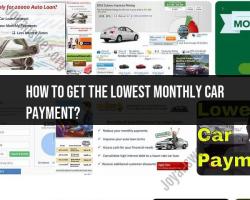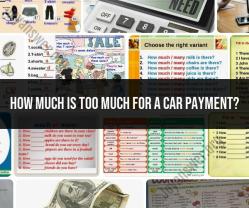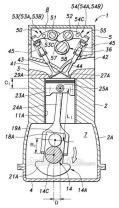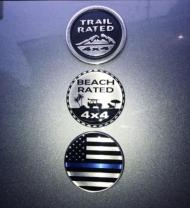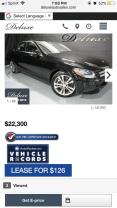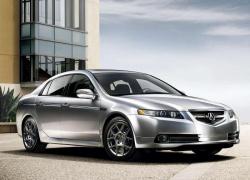Is it better to lease or buy a car?
The decision to lease or buy a car depends on your individual circumstances, financial goals, and preferences. Both options have their advantages and disadvantages, so it's essential to consider your needs and priorities. Here's a breakdown of the pros and cons of leasing and buying a car:
Leasing a Car:
Pros:
Lower Monthly Payments: Lease payments are typically lower than loan payments for a new car purchase because you're only paying for the vehicle's depreciation during the lease term.
Newer Vehicles: You can drive a new car with the latest features and technology every few years since leases are usually for 2-4 years.
Warranty Coverage: Most leased vehicles remain under warranty for the duration of the lease, reducing repair costs.
Lower Sales Tax: You only pay sales tax on the portion of the vehicle's value you use during the lease term, which can result in lower taxes.
No Resale Hassle: You don't need to worry about selling the car when the lease ends; you simply return it to the dealer.
Cons:
Mileage Limits: Lease contracts often come with mileage limits, and exceeding them can result in additional charges.
No Ownership: You don't build equity or own the car at the end of the lease. You essentially rent it for the lease term.
End-of-Lease Costs: You may face charges for excess wear and tear or mileage when returning the leased vehicle.
Limited Customization: You can't customize the leased car as you would with a purchased vehicle.
Buying a Car:
Pros:
Ownership: When you buy a car, you own it, which means you can keep it for as long as you want and modify it to your liking.
No Mileage Restrictions: There are no mileage limits or penalties for driving as much as you want.
Equity: Over time, you build equity in the vehicle, and once the loan is paid off, you have an asset that you can sell or trade in.
Lower Long-Term Cost: While monthly payments may be higher, the long-term cost of buying a car is often lower than leasing when considering ownership and resale value.
Cons:
Higher Monthly Payments: Monthly loan payments are typically higher than lease payments for a similar vehicle.
Depreciation: Cars depreciate in value over time, which can result in a loss of value when you decide to sell or trade in.
Maintenance Costs: As the owner, you're responsible for maintenance and repair costs once the warranty expires.
Initial Down Payment: You may need a larger upfront down payment when purchasing a car compared to leasing.
Factors to Consider:
When making your decision, consider these factors:
Budget: Assess your budget and determine what monthly payment you can comfortably afford.
Driving Habits: Estimate your annual mileage to see if it aligns with lease mileage limits.
Ownership Preference: Decide if you prefer owning a vehicle outright or having the flexibility to change cars more frequently.
Long-Term Plans: Consider how long you plan to keep the car. Leasing may make more sense for those who like driving newer cars more frequently, while buying can be better for long-term ownership.
Resale Value: Research the expected resale value of the car you're interested in; some vehicles depreciate more slowly than others.
Interest Rates: Check the current interest rates for auto loans, as they can affect your monthly payments if you choose to buy.
Ultimately, there's no one-size-fits-all answer, and the choice between leasing and buying depends on your personal preferences and financial situation. It's advisable to compare lease and loan offers, research the specific terms of each, and carefully read the fine print before making a decision. Consulting with a financial advisor can also be beneficial in determining the best option for your circumstances.
